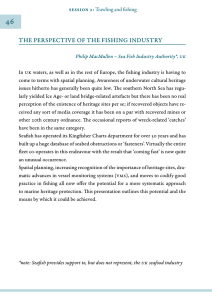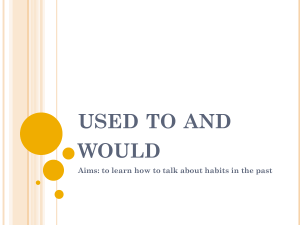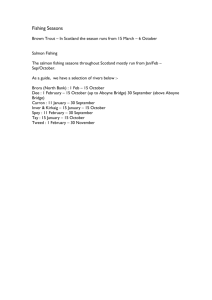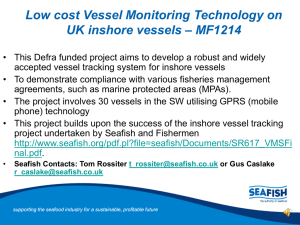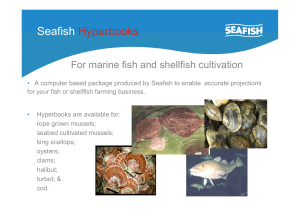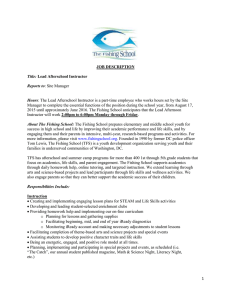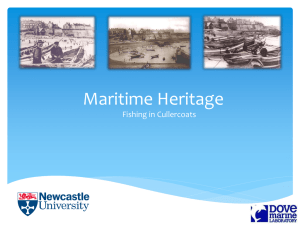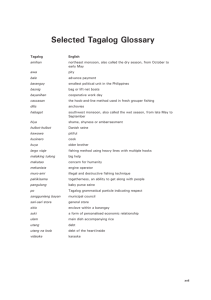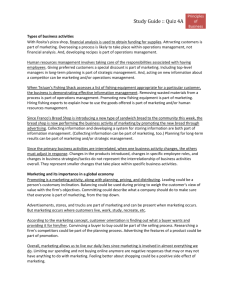the Masters Project Information Ethics form
advertisement
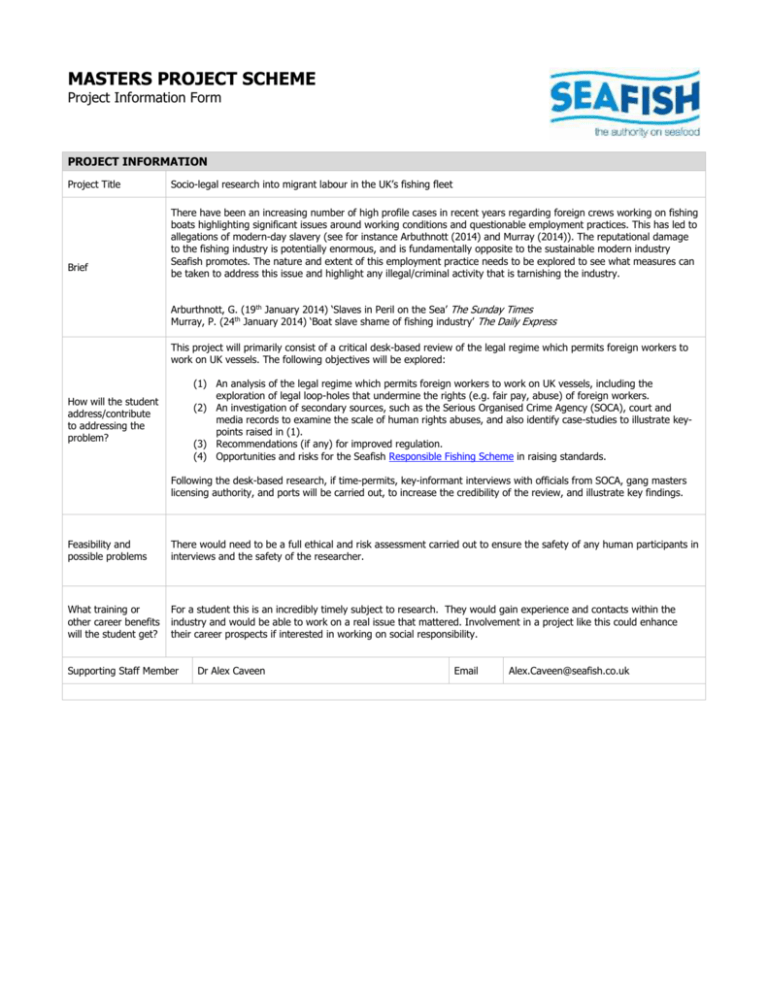
MASTERS PROJECT SCHEME Project Information Form PROJECT INFORMATION Project Title Brief Socio-legal research into migrant labour in the UK’s fishing fleet There have been an increasing number of high profile cases in recent years regarding foreign crews working on fishing boats highlighting significant issues around working conditions and questionable employment practices. This has led to allegations of modern-day slavery (see for instance Arbuthnott (2014) and Murray (2014)). The reputational damage to the fishing industry is potentially enormous, and is fundamentally opposite to the sustainable modern industry Seafish promotes. The nature and extent of this employment practice needs to be explored to see what measures can be taken to address this issue and highlight any illegal/criminal activity that is tarnishing the industry. Arburthnott, G. (19th January 2014) ‘Slaves in Peril on the Sea’ The Sunday Times Murray, P. (24th January 2014) ‘Boat slave shame of fishing industry’ The Daily Express This project will primarily consist of a critical desk-based review of the legal regime which permits foreign workers to work on UK vessels. The following objectives will be explored: (1) An analysis of the legal regime which permits foreign workers to work on UK vessels, including the exploration of legal loop-holes that undermine the rights (e.g. fair pay, abuse) of foreign workers. (2) An investigation of secondary sources, such as the Serious Organised Crime Agency (SOCA), court and media records to examine the scale of human rights abuses, and also identify case-studies to illustrate keypoints raised in (1). (3) Recommendations (if any) for improved regulation. (4) Opportunities and risks for the Seafish Responsible Fishing Scheme in raising standards. How will the student address/contribute to addressing the problem? Following the desk-based research, if time-permits, key-informant interviews with officials from SOCA, gang masters licensing authority, and ports will be carried out, to increase the credibility of the review, and illustrate key findings. Feasibility and possible problems There would need to be a full ethical and risk assessment carried out to ensure the safety of any human participants in interviews and the safety of the researcher. What training or other career benefits will the student get? For a student this is an incredibly timely subject to research. They would gain experience and contacts within the industry and would be able to work on a real issue that mattered. Involvement in a project like this could enhance their career prospects if interested in working on social responsibility. Supporting Staff Member Dr Alex Caveen Email Alex.Caveen@seafish.co.uk
